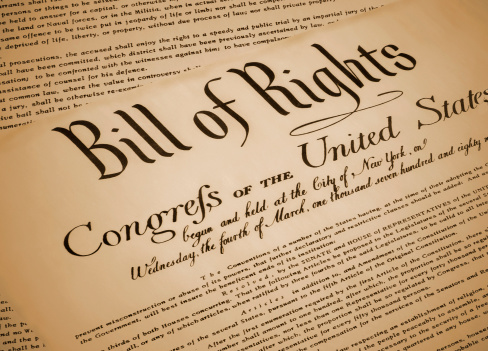Britain is not the only country with an uncodified constitution, as Canada, Israel, and New Zealand make up the other states with such an arrangement. This begs the question, why is a codified constitution more popular? Well, for one thing, a codified constitution clearly outlines the rights and duties of citizens and the state into a single document, thus making it more accessible to both parties, the citizens in particular. By contrast, Britain’s constitution is derived from multiple sources such as the acts of parliament, legislation enacted by ministers and common law. As such, common citizens living in states with uncodified constitutions will likely have a much harder time determining they’re rights and duties and the relationship they have with the state.
There are many advantages to an uncodified constitution, though. For instance, they tend to be more flexible, which lends it to be more easily amended. The malleability of the British constitution is what allowed the UK to easily enact the Scotland Act 1998 and the Government of Wales Act, which gave both countries their own devolved legislative bodies. It also allowed the Human Rights Act to become law, thus making Britain liable to the European Convention on Human Rights (ECHR). This kind of system also ensures that no single document has supremacy over parliament’s sovereignty, thus, in theory, ensuring that country’s legislative body (which represents the people) always has the means to provide checks over the executive body.

When looking at other states’ constitutions, there seems to be a pattern of inflexibility and rigidness. For example, the US congress has historically had a hard time proposing amendments to the country’s constitution. Ever since the constitution was put into effect in 1789, Congress has only proposed 33 amendments, of which only 27 have been ratified. Anyone who avidly follows US politics knows that the second amendment in the constitution has been subject to great scrutiny and debate both among the public and in Congress, yet thus far no changes have been made to it. One might make the argument that the lack of changes to the amendment is the result of the US political system being susceptible to lobbying, but the point still stands that the inflexibility of its constitution doesn’t help matters. Furthermore, while a codified constitution is more accessible to the public, sometimes states can defeat that purpose by making their constitutions too long. For example, the Indian constitution has 448 articles and has had 103 amendments since it was first enacted in 1950. Nine of such amendments occurred in the last decade. This can make it harder for the population to keep up with the constant constitutional changes.
This brings us back to the original question in hand; does the UK need to adopt a codified constitution for more concision and clarity? The short answer is no. Even though the political deadlock can be attributed to Britain’s constitutional flexibility, countries with codified constitutions aren’t immune to such developments. Earlier this year, the US suffered its longest-ever government shutdown due to executive-legislative disagreements over funding for Trump’s wall on the US-Mexican border. Even though the malleability of the British constitution does leave it vulnerable to political crisis such as the one it currently finds itself in, one must not forget that the sovereignty that parliament has over its constitution is what enabled it to quickly pass the Benn Bill into law, thus preventing Johnson from plunging the country into further crisis just to fulfill some fantastical promise of out by October 31, “do or die”. That isn’t to say that the current political system isn’t due to needed reforms, for example, the Commons might consider passing a law that prevents the Prime Minister from proroguing parliament during times of national emergency. But as it stands, there is little reason to suggest that Britain should make radical changes to its constitutional arrangements.









